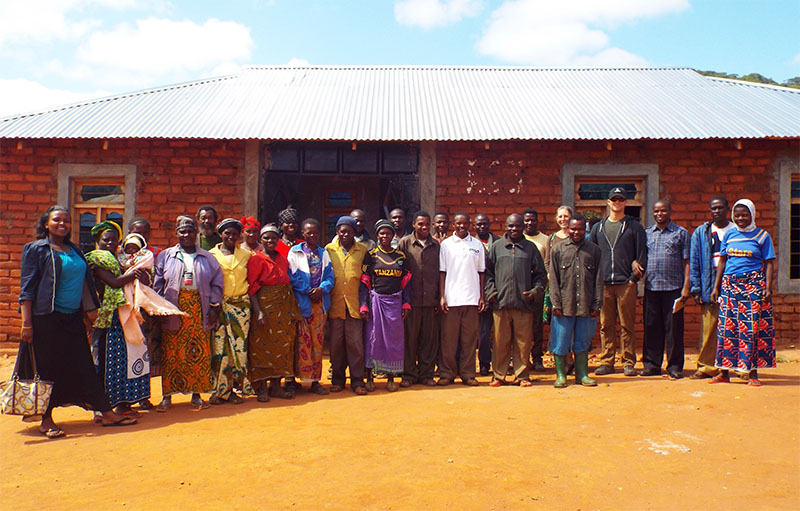When a group of 23 women from Makumbusho, Dar es Salaam, met with officials from the Covenant Bank for Women in 2013, they had no idea that their business venture would be plunged into crisis five years down the line.
What they knew was that it was through commercial banks that they could realise their dream of becoming successful businesswomen.
The women – who are mostly food vendors, farmers and livestock keepers – raised through contributions Sh3 million as their joint seed capital.
Through their Wananzengo Vicoba Group, they deposited their money with the Covenant Bank for Women and, as expected, the beginning was promising, thanks to the support they got from supportive bank officials. In four years, the money had grown to Sh30 million.
Their plan was that every February, they would withdraw their profit and distribute it among themselves as dividend. “We chose Covenant Bank for Women after we were convinced that it was meant for women, but following what has happened, we have halted our operations,” Wananzengo Vicoba Group chairperson Pendo Wankyo told The Citizen yesterday.

Wananzengo Vicoba is one of several groups that will temporarily halt, or at least reduce, the size of their business operations as they await other procedures through which they will get all the money they deposited with the closed banks.
The Covenant Bank for Women is among five banks whose licences were revoked by the Bank of Tanzania (BoT) in January after they failed to raise the statutory Sh2 billion minimum capital. BoT placed them under the Deposit Insurance Board (DIB) as the liquidator.
The winding up of the banks means that Wananzengo Vicoba Group and other depositors can only be paid a maximum of Sh1.5 million in the payment exercise that started yesterday.
They will have to wait for some time to receive the remaining Sh28.5 million, which they will claim from DIB after the final liquidation of the remaining assets and consideration of payment priorities.
The group will also have to wait a bit longer before realising some of its business ventures, including growing cassava and other crops on a 23-acre farm members jointly purchased in Bagamoyo.
“Most of us in our group are widowers, and through our union we are able to generate income and in turn support our families, so you can see a situation I found myself in when the bank was shut,” said a member of the group, Ms Anna Kaponda.
In the exercise that began yesterday, individual account holders ate to be paid in cash, while groups such as Wananzengo Vicoba were directed to open accounts with other banks so their money could be transferred to the new accounts.

